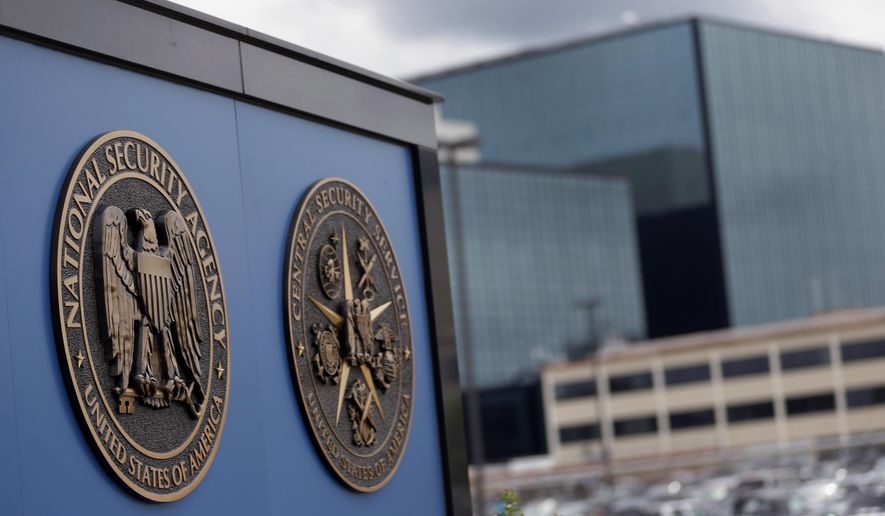The National Security Agency and the Central Intelligence Agency searched an intelligence community database designed to target foreigners more than 4,000 times last year without warrants using queries explicitly linked to U.S. people, the Office of the Director of National Intelligence acknowledged in a transparency report released Monday.
While the Foreign Intelligence Surveillance Act allows the U.S. government to collect the communications of foreigners, the digital data of Americans are often “incidentally” swept up in the process as well. According to the transparency report published this week, the intelligence community queried that database 4,672 times last year using “search terms concerning a known U.S. person.”
The ODNI was not required to detail the number of warrantless searches related to Americans before passage last year of the USA Freedom Act, a surveillance reform law introduced after former National Security Agency contractor Edward Snowden publicly exposed the scope of the government’s signals gathering operations by leaking documents to the media in 2013.
Nevertheless, a 2013 memo cited by The Intercept, where the transparency report was first reported this week, suggests the number of searches conducted last year involving Americans is more than double the amount from two years earlier.
Prior to passage of the USA Freedom Act, the ODNI’s legislative director said in a 2013 letter to Sen. Ron Wyden, Oregon Democrat, that the NSA and CIA had conducted a total of roughly 2,100 searches concerning the communications of Americans. Statistics included in the official transparency report published this week indicate the number surged by more than double during the course of less than two years.
“The number of backdoor searches doubling since last reported shows that warrantless Section 702 surveillance is a significant and growing problem for Americans,” Jake Laperruque, a privacy fellow at The Constitution Project, a Washington-based think-tank, told The Intercept.
Under Section 702 of the Foreign Intelligence Surveillance Act, the U.S. government is authorized to target “each non-U.S. person reasonably believed to be located outside the United States who possesses, or who is likely to communicate or receive, foreign intelligence information.”
Mr. Snowden said, however, that “wholly domestic communication” between American citizens are routinely collected as well.
“If intelligence officials are deliberately searching for and reading the communications of specific Americans, the Constitution requires a warrant,” Mr. Wyden said in a 2014 statement in which he condemned government agencies’ use of “backdoor searches.”
The ODNI report released this week acknowledges that the number of queries conducted by the FBI is not included. As The Intercept reported, a recently released Foreign Intelligence Surveillance Court ruling concluded that the FBI can query the intelligence community’s database while investigating domestic crimes, including cases unrelated to national security issues. The government has yet to state how often the FBI has used that authority.
On Tuesday, the Senate Judiciary Committee announced that it would hold its first open hearing Tuesday concerning the possible renewal of Section 702 authorities.
• Andrew Blake can be reached at ablake@washingtontimes.com.




Please read our comment policy before commenting.